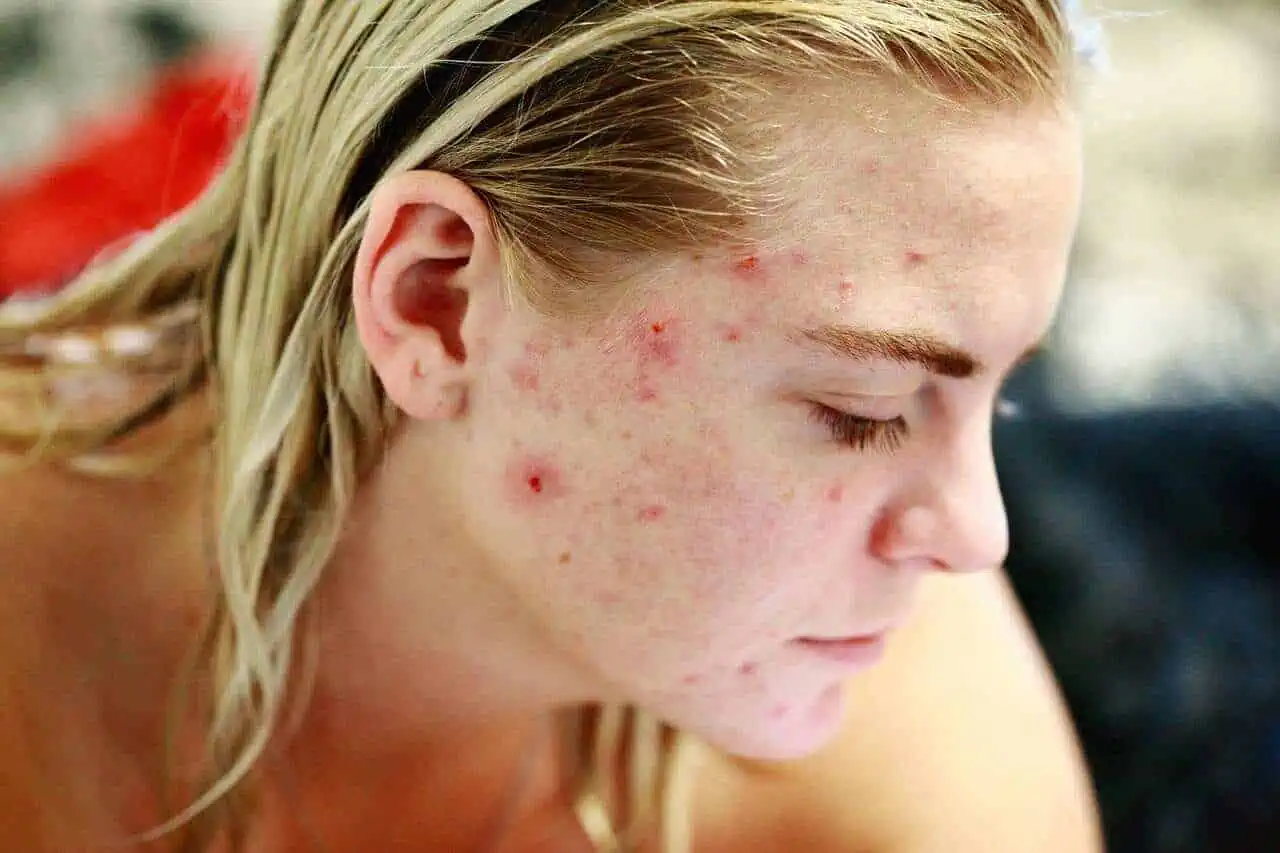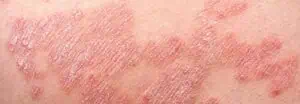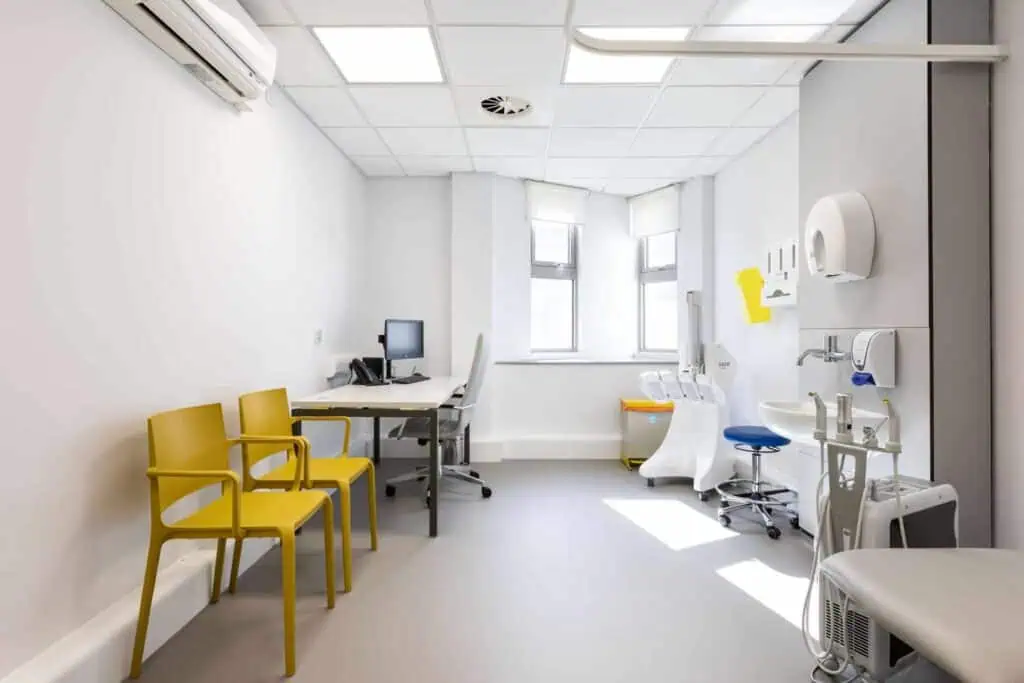I’M A TEENAGER! WHY IS MY ACNE WORSE THAN MY FRIENDS?
For people who have widespread acne that is classed as moderate to severe, more intervention in the form of acne treatments is often required. A consultant acne dermatologist can help with treating your acne. They can recommend other forms of treatment and prescribe certain drugs to help combat acne.
How Common is Acne in Teenagers?
Acne is common. Almost everyone will have at least a few spots at some point in their lives with their teenage years being the worst for acne.
- 80% of teenagers are affected by acne
- Acne is most common between the ages of 12 and 25 years old
- 3 in 10 teenagers have severe acne (e.g. cystic acne, acne scars)
- Spots often appear on the face but acne can also affect other areas of the body, including the neck, back and chest
- Teenage acne can often last up to 10 years (without treatment) usually disappearing by your early 20s
What Causes Acne in Teenagers?
The reason why acne is so common in teenagers is that our skin is affected by the hormones that circulate in our bodies. A lot of the changes that occur during adolescence are linked to these hormones, including the changes in our skin.
The main cause of acne is the hormone testosterone. Testosterone is usually thought of as a male hormone, but both males and females produce it to a certain extent. The amount of testosterone in our bodies increases during puberty, especially for boys. This is why teenage boys often suffer more than teenage girls with acne. The link to our hormones also helps explain why women often experience adult acne that is linked to their menstrual cycle or during pregnancy.
Puberty triggers a boost in testosterone which can aggravate acne because it makes the oil glands in our skin grow bigger. Our body produces more of the oily substance known as sebum. This sebum normally leaves the oil glands through our pores so that it can protect our skin. However, pores become blocked when the body produces lots of sebum, during adolescence. The oil gets trapped inside where it can attract bacteria that cause the redness and swelling associated with spots.
Hormonal changes affect everyone during puberty, most of us will notice some spots during our teenage years. However, the severity of your acne and duration varies for person to person. For some teenagers, it will be a mild inconvenience, others will enjoy clear skin and then there are some who suffer greatly. This could be due to:
- Differences in testosterone levels (this is why boys tend to get more spots than girls)
- Differences in the way your skin and body responds to the acne
- The types of bacteria that are present on your skin
- Your genes – family history can play a part in your acne
- How stressed you’re feeling
- Taking certain kinds of medication
- Using greasy products or cosmetics on your skin
- Friction or pressure on your skin (e.g. from scrubbing or even wearing bike helmets)
Can Teenage Acne be Treated?
As highlighted before, acne skin conditions can be treated by expert dermatologists with experience in the treating of acne, as well as treating acne scarring. These acne treatments vary based on a number of factors which include
Find out more about acne treatments
If you need help treating Acne, you may benefit by seeking professional assistance. The expertise and qualifications held by our consultants allow us to offer the highest quality private dermatology consultations, treatments and skin surgery.

Find out more about acne treatments
If you need help treating Acne, you may benefit by seeking professional assistance. The expertise and qualifications held by our consultants allow us to offer the highest quality private dermatology consultations, treatments and skin surgery.

THE LOCATION OF THE ACNE ON THE BODY
The location of the acne will determine at times what type of treatment is needed. For example, back acne where there are big pimples may require medical lotions and creams to reduce swelling and blotchiness. For face acne, this might require microneedling using a SkinPen first to open up the pours before moving on to lotion treatment that will help reduce oily composites inside skin pours.
THE SEVERITY OF ACNE REQUIRING TREATMENT
The severity of your acne will be important in deciding which acne treatment programme is right for you. For example, acne scarring that is severe, might require ablative skin treatment – this treatment removes a layer of the skin, allowing for the regeneration of new skin cells to develop and smooth out your acne scarring.
Conversely, non-ablative acne treatments do not remove layers of skin, or cells and are considered more for milder forms of acne. These types of acne treatments still break down skin tissue and help with collagen production within the skin, to help reduce acne blemishes and oily skin.
What Can I Do to Prevent Acne?
Some of the factors that increase the likelihood of acne are outside your control. You can’t do anything about your genes, for example.
However, there are some risk factors that we can control in order to reduce the chances of getting spots or to make our acne less severe.
ACNE ISN’T CAUSED BY BAD HYGIENE
Acne isn’t caused by bad hygiene. Having spots, blackheads or pimples isn’t a sign that your skin is dirty or that you’re not washing properly. Acne can, however, be linked to certain kinds of skincare products. If you are suffering with acne, you should avoid oily skincare products and cosmetics. Ask your dermatologist for advice or look for the term non-comedogenic on the labels
Outside of your control
Unfortunately, acne is mainly caused by processes that happen inside our bodies and that are outside our control so it isn’t usually possible to stop spots completely. Over the counter products can help when spots appear but if these don’t work or your acne is severe you should see a consultant dermatologist – they will be able to recommend alternative treatments, prescribe certain medicines and help guide you through your acne treatment.




